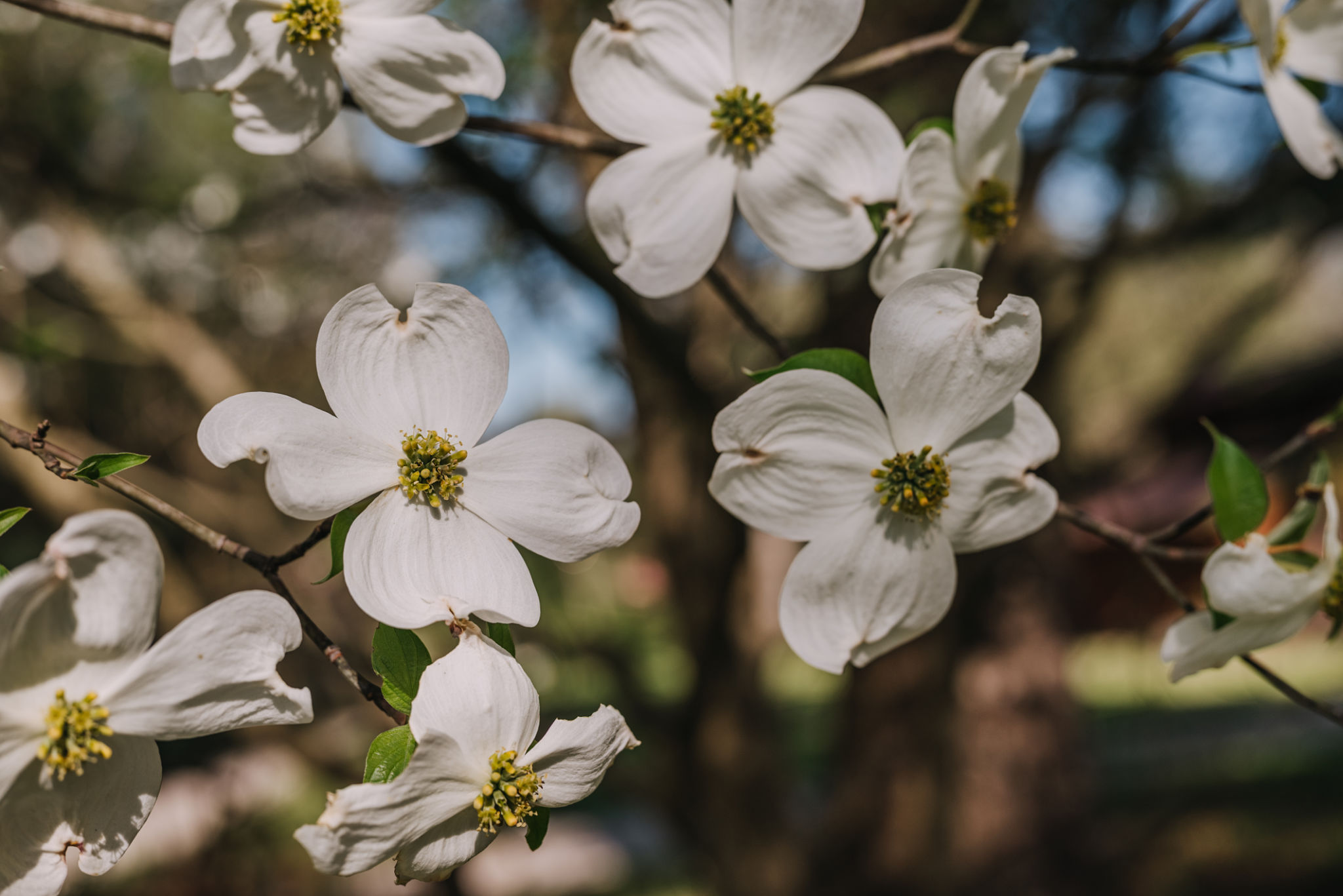10 Eco-Friendly Landscaping Ideas for Indiana Homeowners
Embrace Native Plants
One of the most effective ways to create an eco-friendly landscape is by incorporating native plants. These plants are naturally adapted to Indiana's climate and soil, making them easier to maintain without excessive water or fertilizers. Consider adding Black-Eyed Susans or Purple Coneflowers to your garden for a splash of color that attracts local pollinators.

Implement Rain Gardens
Rain gardens are a fantastic option for managing stormwater runoff. These gardens are designed to capture rainwater and allow it to slowly infiltrate the ground, reducing erosion and water pollution. By strategically placing rain gardens near downspouts or low-lying areas, you can enhance your landscape's sustainability.
Choose Permeable Paving
Traditional concrete or asphalt surfaces can lead to increased runoff and pollution. Instead, opt for permeable paving materials like permeable concrete, gravel, or pavers that allow water to seep through and replenish the groundwater.

Incorporate Mulching
Mulching is an excellent way to conserve moisture, suppress weeds, and improve soil health. Organic mulches, such as wood chips or shredded leaves, decompose over time, enriching the soil with nutrients. Apply a thick layer around trees, shrubs, and flower beds to maximize benefits.
Utilize Composting
Composting is a simple yet effective method to reduce waste and enhance soil fertility. By turning kitchen scraps and yard waste into nutrient-rich compost, you can naturally nourish your plants and minimize the need for chemical fertilizers.

Design Xeriscapes
Xeriscaping focuses on using drought-tolerant plants and efficient irrigation techniques. This approach is perfect for Indiana homeowners looking to reduce water usage without sacrificing beauty. Consider using ornamental grasses, sedums, and other drought-resistant plants.
Install Rain Barrels
Rain barrels are an easy way to capture and store rainwater for later use in your garden. By using harvested rainwater, you can reduce your reliance on municipal water supplies and save on your water bills. Place rain barrels under downspouts for maximum efficiency.

Create Wildlife Habitats
Support local biodiversity by designing your landscape to attract wildlife. Incorporate bird feeders, bat houses, and native plants that provide food and shelter for birds, butterflies, and other beneficial creatures. This not only enhances your garden's beauty but also supports the local ecosystem.
Reduce Lawn Size
Large lawns require significant water, fertilizers, and maintenance. Consider reducing the size of your lawn by expanding flower beds, adding vegetable gardens, or creating hardscaped areas. This change can lead to a more sustainable and diverse landscape.
Practice Smart Irrigation
Efficient irrigation systems, such as drip irrigation or soaker hoses, target the root zones of plants, reducing water waste. Additionally, watering in the early morning or late evening minimizes evaporation, ensuring that your plants receive the maximum benefit from every drop.
